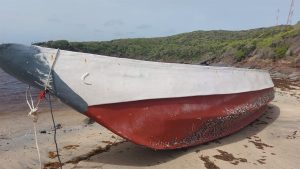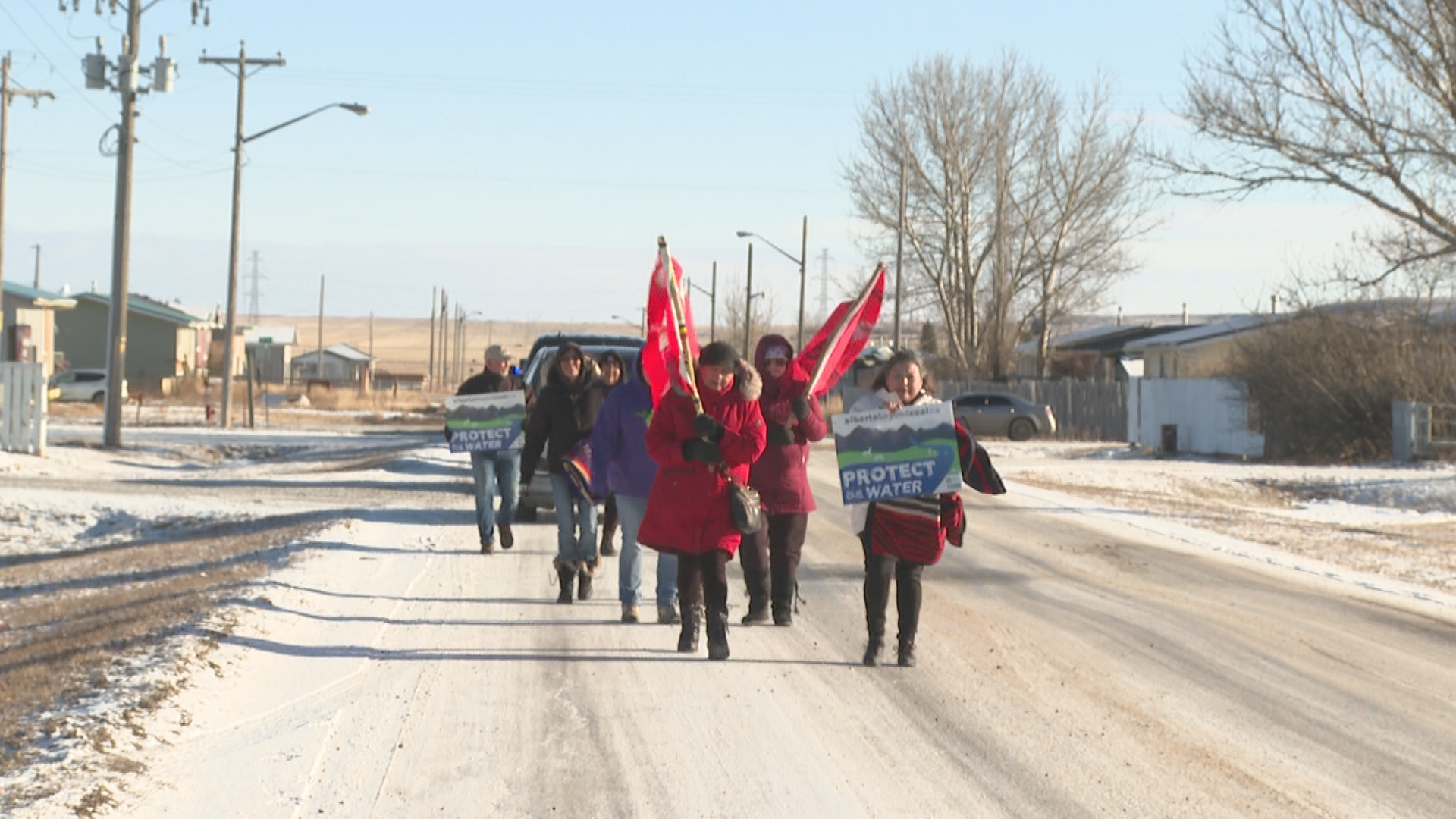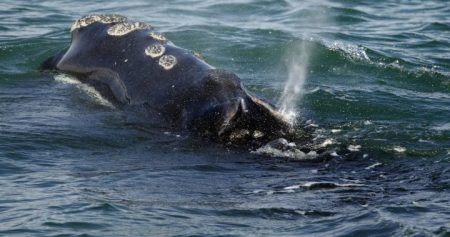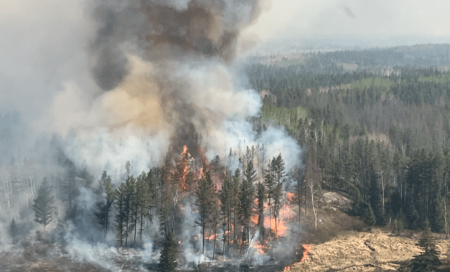The Piikani Nation, located in Brocket, Alberta, is currently embroiled in a contentious debate over the proposed Grassy Mountain coal mining project. Community members have staged protests expressing their profound anxieties regarding the potential environmental repercussions of the project, situated less than 100 kilometers upstream from their homes. The crux of their discontent stems from Chief Troy Knowlton’s recent announcement of the Piikani Nation’s official endorsement of Northback Holdings’ application for exploratory drilling at the disputed site within the Crowsnest Pass area.
This decision has sparked considerable friction between the Piikani Nation’s leadership and its members. Many feel their concerns are being disregarded, leading to widespread frustration. The proposed mine’s proximity to their territory poses significant risks to their water supply, traditional lands, and overall ecosystem health. Furthermore, some community members argue that the decision-making process lacked transparency and adequate consultation, fueling their discontent.
Chief Knowlton, in a statement released following the protests, sought to clarify the Nation’s stance. He emphasized that their support was limited to exploratory drilling, not the mine itself. He asserted that data collected from the testing phase would inform the Nation’s final decision. The statement further acknowledged the strong feelings both for and against the project within the community, promising a Nation-wide vote after the testing results are analyzed. He reiterated the Nation’s support for its citizens’ right to voice their opinions and concerns.
Despite the Chief’s assurances, the protests underscore the deep divisions within the Piikani Nation over the Grassy Mountain project. The community is grappling with a complex dilemma: balancing economic opportunities potentially offered by the mine against the potential environmental risks to their ancestral lands and way of life. This internal struggle reflects broader societal debates surrounding resource extraction, environmental protection, and Indigenous rights.
The controversy surrounding the Grassy Mountain project highlights the multifaceted challenges faced by Indigenous communities navigating resource development on or near their territories. The Piikani Nation’s experience serves as a microcosm of the broader issues related to balancing economic development with environmental stewardship and the imperative of respecting Indigenous sovereignty and self-determination. The situation also underscores the importance of transparent communication and meaningful consultation between Indigenous leadership and their communities in matters impacting their lands and resources.
The ongoing debate within the Piikani Nation underscores the need for a comprehensive assessment of the potential environmental and social impacts of the Grassy Mountain project. A thorough evaluation should consider not only the immediate effects of exploratory drilling but also the long-term consequences of a potential full-scale mining operation. It is crucial that all stakeholders, including the Piikani Nation, government agencies, and Northback Holdings, engage in a constructive dialogue to address the community’s concerns and seek sustainable solutions that respect both the environment and the rights of Indigenous peoples.










